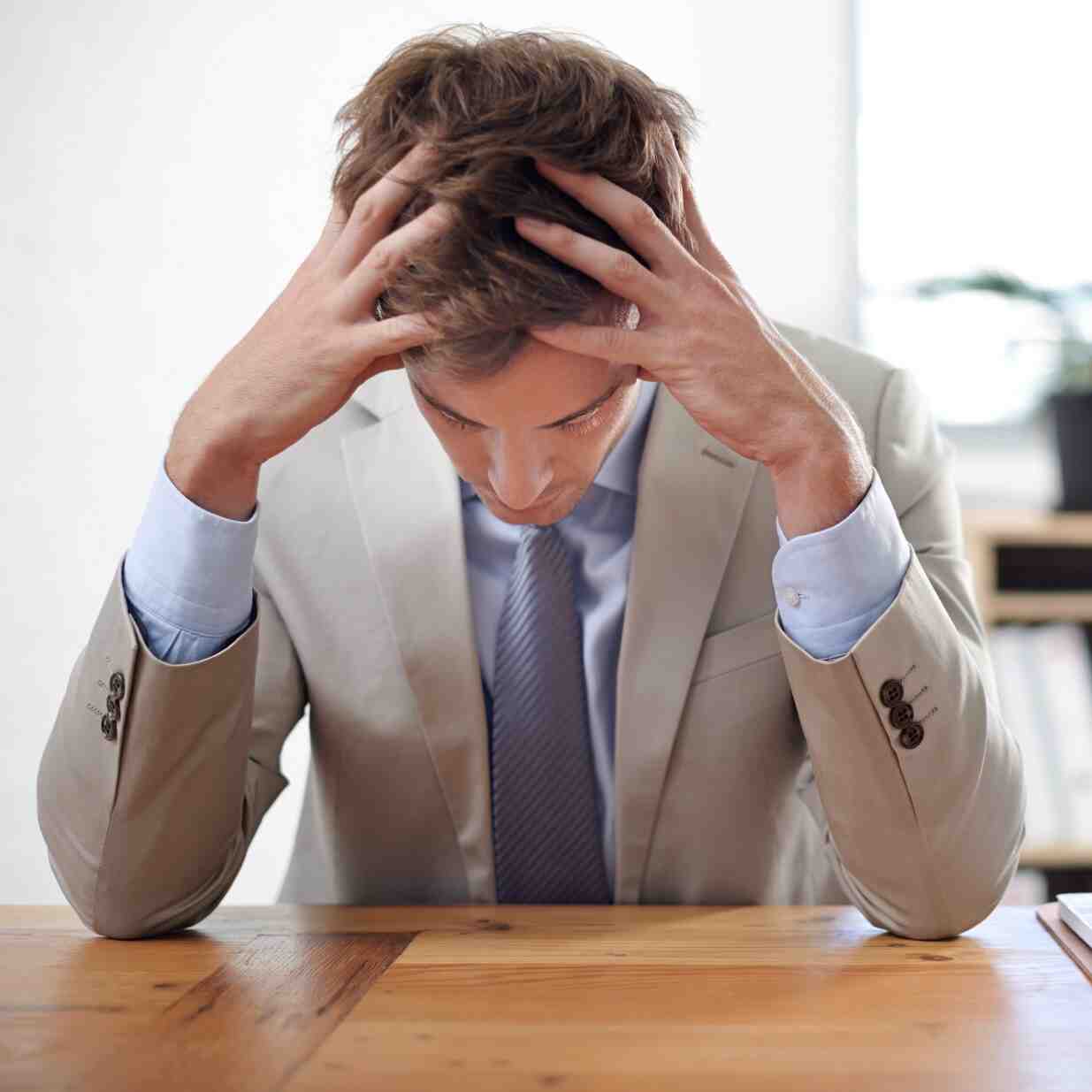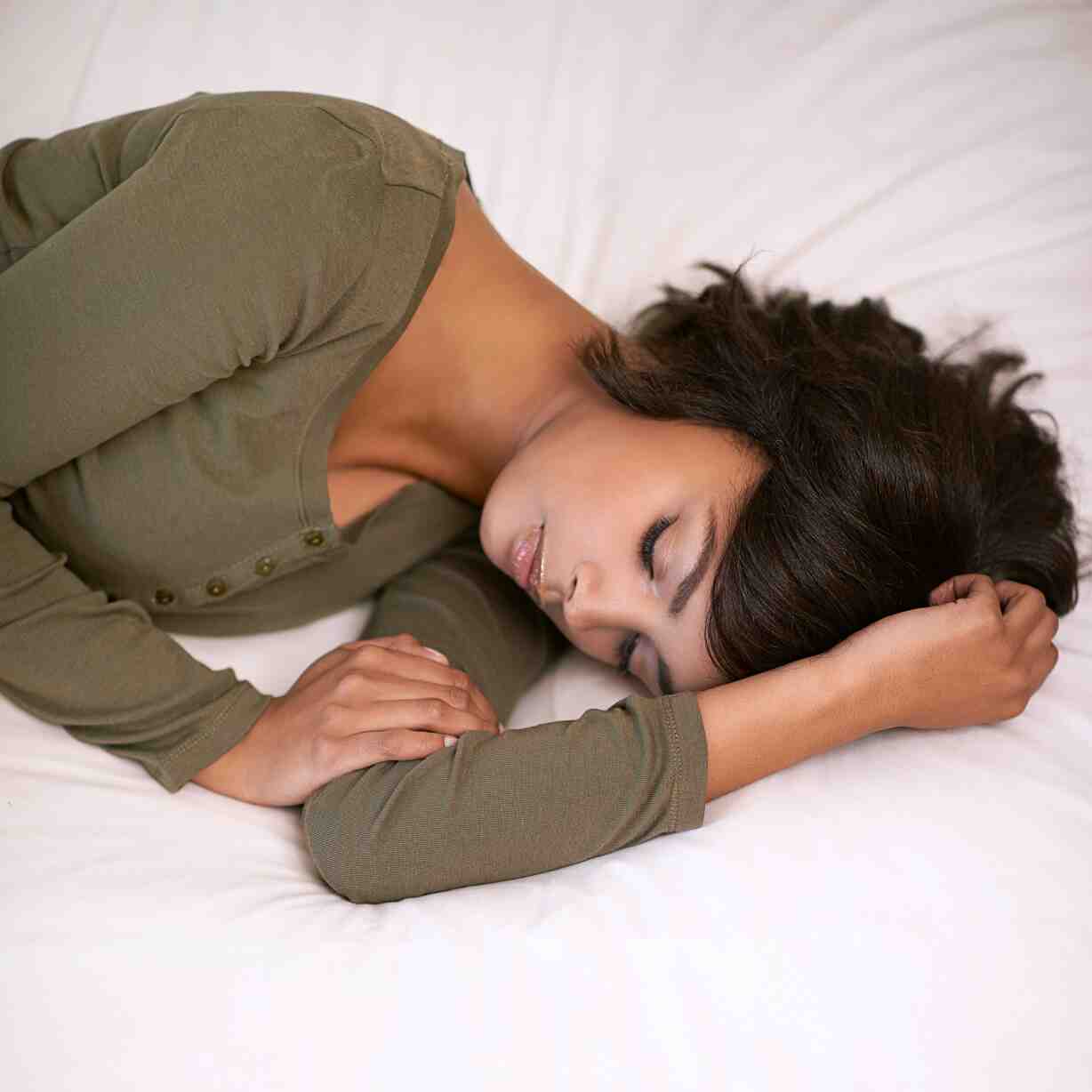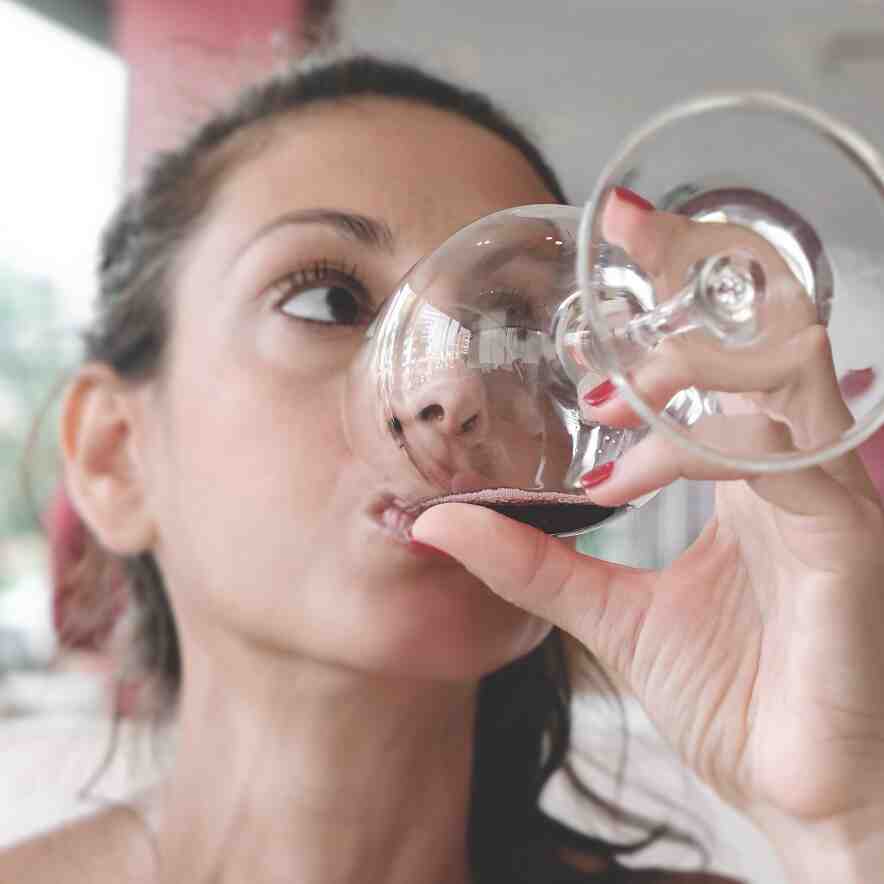Can Wine Help You Sleep Better?
Many people turn to a glass of wine in the evening as a way to unwind after a long day, and for some, it’s part of a bedtime ritual. While wine may seem to help you relax and even make you feel sleepy, the relationship between wine (and alcohol in general) and sleep is more complex than it may initially appear. Can wine actually help you sleep better, or does it interfere with your rest? In this article, we’ll explore the effects of wine on sleep, the potential benefits, and the drawbacks, so you can make an informed decision about whether or not wine should be part of your bedtime routine.
The Role of Alcohol in Sleep
To understand how wine may impact sleep, it’s important to look at the effects of alcohol on the body. Alcohol is a central nervous system depressant, meaning it slows down brain activity and produces a calming effect. When consumed, alcohol can make you feel relaxed, drowsy, and ready to fall asleep. This is why many people enjoy having a glass of wine before bed—it can help you unwind and get into a more relaxed state.
However, while alcohol may help you fall asleep more easily initially, it doesn’t necessarily contribute to better sleep overall. In fact, alcohol can disrupt sleep patterns and interfere with the quality of your rest.
The Benefits of Wine for Sleep: The Initial Relaxation
- Promotes Sleep Onset: One of the immediate effects of drinking wine is a sense of relaxation and drowsiness. This can make it easier to fall asleep, especially if you’re feeling stressed or anxious. The sedative effects of alcohol, including wine, may help some people relax enough to drift off to sleep more quickly than they would without it.
- Stress Reduction: A glass of wine, particularly after a stressful day, can help reduce feelings of tension. For some individuals, this reduction in anxiety can contribute to a more peaceful transition into sleep. Wine’s mild relaxing effect may help calm the mind, making it easier to prepare for rest.
- Improved Sleep for Some People: In some cases, people with insomnia or those struggling with the ability to fall asleep may find that a small amount of wine helps them get some rest, especially if they’ve been struggling with anxiety or racing thoughts. The relaxing effect can promote an initial phase of deeper sleep.
The Drawbacks of Drinking Wine Before Bed: Disrupted Sleep
Despite the initial benefits of wine for sleep onset, there are several reasons why wine may not be the ideal sleep aid in the long run. Here are some of the negative effects that alcohol (including wine) can have on sleep quality:
- Interrupted Sleep Cycles: Alcohol may help you fall asleep faster, but it can interfere with the later stages of your sleep cycle. When you drink wine before bed, it tends to increase the proportion of time you spend in the lighter stages of sleep, while reducing the time spent in deep sleep and REM (Rapid Eye Movement) sleep.
- Deep Sleep: Deep sleep is the restorative phase of sleep where your body repairs itself and consolidates memories. Alcohol disrupts this phase, leading to more shallow, fragmented sleep.
- REM Sleep: REM sleep is the stage where dreaming occurs, and it’s also crucial for emotional and cognitive health. Alcohol suppresses REM sleep, which can affect your mood, memory, and overall mental clarity the following day.
- Increased Wakefulness During the Night: As alcohol is metabolized by the body, it can lead to an increase in wakefulness during the night. Many people who drink wine before bed find that they wake up in the middle of the night, especially after the sedative effects wear off. This can lead to difficulty staying asleep and may leave you feeling unrested in the morning.
- Disrupted Breathing and Snoring: Alcohol relaxes the muscles in your body, including those in your throat. This can increase the likelihood of snoring and, in some cases, contribute to sleep apnea (a condition where breathing stops and starts during sleep). Both snoring and sleep apnea disrupt sleep quality and can lead to feelings of fatigue the next day.
- Dehydration and Nighttime Bathroom Trips: Alcohol is a diuretic, which means it promotes urine production. This can lead to dehydration and the need to get up in the middle of the night to use the bathroom, which interrupts sleep. Additionally, dehydration can contribute to headaches, dry mouth, and overall discomfort upon waking.
- Disrupted Hormonal Balance: Alcohol consumption before bed can disrupt the balance of sleep-regulating hormones in the body, such as melatonin. This can lead to an irregular sleep-wake cycle, making it harder to get restful sleep in the long term.
The Impact of Wine on Sleep: Is There a “Sweet Spot”?
While wine and alcohol can disrupt sleep in certain ways, it doesn’t mean that drinking wine before bed is always detrimental. The key is moderation and understanding the effects on your body. For some people, a small glass of wine may indeed provide a temporary sense of relaxation and help them fall asleep initially. However, consuming larger quantities of wine or drinking too close to bedtime may cause more harm than good.
- Moderation is Key: A small glass of wine (around 5 ounces) consumed earlier in the evening may be less likely to disrupt sleep compared to drinking a larger amount closer to bedtime. Moderation allows you to enjoy the relaxing effects of wine without overloading your system with alcohol, which could interfere with your sleep later in the night.
- Timing Matters: It’s also important to consider when you drink. Ideally, if you choose to enjoy wine, it’s better to consume it at least 1–2 hours before bed. This gives your body time to metabolize the alcohol and minimizes the risk of sleep disturbances during the night.
Alternatives to Wine for Better Sleep
If you find that wine or alcohol generally disrupts your sleep, you may want to consider other natural alternatives that can help improve your rest:
- Herbal Teas: Non-caffeinated herbal teas like chamomile, valerian root, or lavender can have a calming effect and promote relaxation without the negative side effects of alcohol.
- Melatonin Supplements: Melatonin is a hormone that regulates the sleep-wake cycle. Taking a melatonin supplement may help promote sleep, particularly for people with insomnia or jet lag.
- Relaxation Techniques: Deep breathing exercises, progressive muscle relaxation, or meditation before bed can help calm your mind and body, making it easier to fall asleep naturally.
- Establishing a Sleep Routine: Maintaining a consistent sleep schedule, creating a calming bedtime environment, and limiting screen time before bed are all effective strategies for improving sleep without relying on alcohol.
Conclusion: Does Wine Help You Sleep?
While wine may help you fall asleep more easily in the short term, it is not the best solution for consistent, high-quality sleep. The initial calming effects of alcohol can quickly give way to disruptions in your sleep cycle, including lighter sleep, more frequent awakenings, and less restorative rest. Drinking in moderation and timing your wine consumption earlier in the evening can minimize these effects, but for long-term sleep improvement, it may be better to explore other relaxation methods and healthy sleep habits.
If you find that wine disrupts your sleep or leads to discomfort, it might be worth considering alcohol-free alternatives or rethinking your evening routine to achieve better, more restful sleep. Ultimately, good sleep hygiene, stress management, and a healthy lifestyle are the most effective ways to improve your sleep without relying on wine or alcohol.











